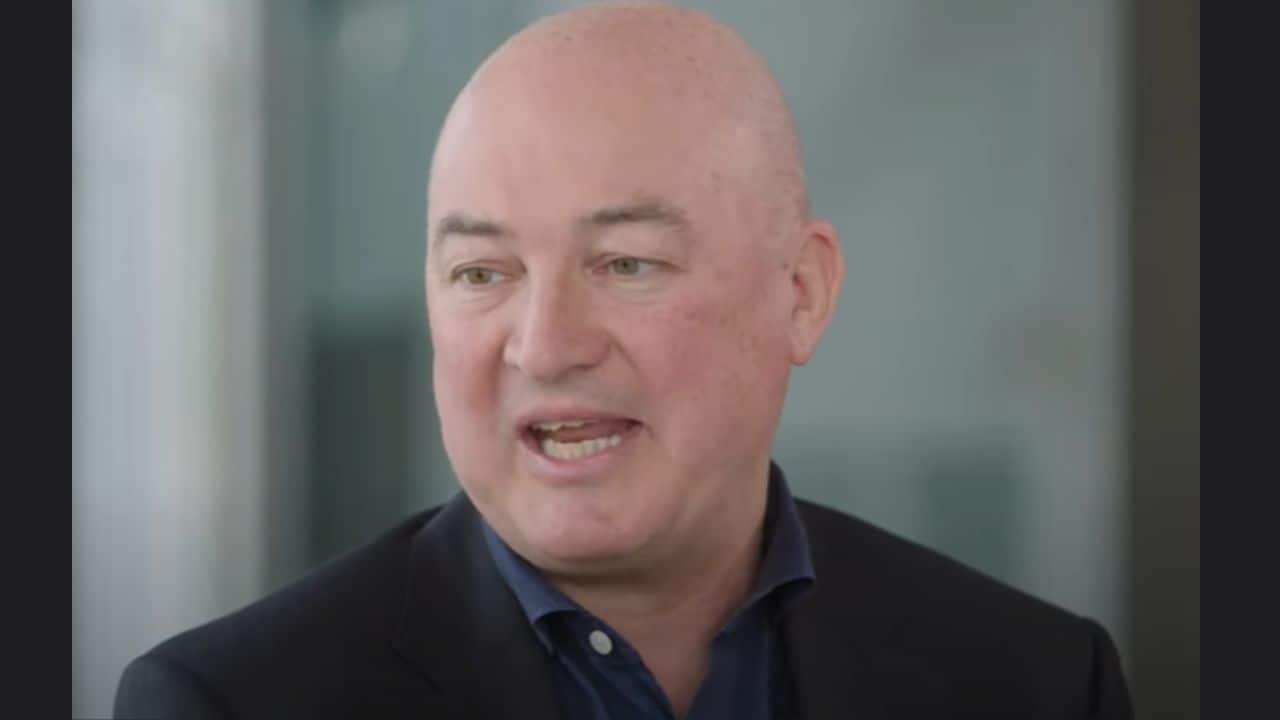Alan Jope, the former chief executive officer of personal care product company Unilever, believes that companies have to be agile and steer away from resting on their laurels in the dynamic fast-moving consumer goods (FMCG) space.
During a conversation with Abi Donald, director at Vox Media, Jope says, “It is called fast-moving consumer goods for a reason. Things change very quickly, and we have to be very careful about resting on our laurels.”
“Everything more or less has to line up properly to win in consumer products. So, your portfolio, your strategic choices, your organization, your execution, all need to be going well. If one of those slips out of alignment, you can easily find yourself not winning in the marketplace,” he further adds.
Jope, who served as the CEO at Unilever starting from 2019, moved on from his respective role on June 30. Hein Schumacher, who was the CEO of the global dairy and nutrition business Royal FrieslandCampina and became a non-executive director of Unilever in October 2022, will take over Jope’s role. In April, Jope was appointed by IT company Accenture to its board of directors.
In a LinkedIn post, Jope highlights his experience of having worked across multiple markets for Unilever. He says, “As a young lad growing up in Glasgow, the idea of working for Unilever in London felt like a big adventure. What I couldn’t have imagined was that it would last for an extraordinary 38 years and involve living all over the world, in places like Thailand, China, Singapore, and the US.”
The post further reads, “I’m confident that Unilever will continue to thrive under the leadership of Hein Schumacher. Thank you for everything, Unilever, and here’s to your future success. I’ll be watching and always cheering on.”
During his stint at Unilever as the CEO, Jope implemented the compass strategy. Speaking to Vox Media’s Donald about what the strategy has achieved and what he wanted it to achieve, he states, “It merges our business and sustainability priorities. It begins with a recommitment to the purpose of Unilever, making sustainable living commonplace. And in it, we made a series of very simple declarations of what our strategic priorities were.”
During the conversation, Jope mentions that by geography, they called out the importance of winning in the United States, India, and China, which are critical growth markets for the future. This was followed by looking into seven other key emerging markets.
“By category, we committed unequivocally to building up a position in luxury beauty with Unilever Prestige and in health and well-being. By channel, we said that we have to win in what we were calling e-commerce. We now call it digital commerce. We also said that it was going to be critical to evolve our organization. I think we have made tremendous progress on all of those,” he notes.
Jope, who has 38 years of experience, started his career at Unilever in 1985. In 2006, he was the group vice president looking into the foods section. He moved on to become the chairman of Greater China, and from there, he held the position of president for the North Asia region.
He was the president and looked after Africa, Russia, and the Middle East, and was the president of beauty and personal care.
Touching upon the importance of sustainability, Jope says, “The world is beset with many problems, but most of them seem to originate in the climate emergency, the loss or destruction of nature, or particularly, rising inequality. Business can choose either to remain part of the problem or to be a contributor to the solution. And we firmly believe that business is a part of the solution.”
He further adds, “When we put sustainability at the heart of the company, we are making Unilever future-fit. Our business case for sustainability centers around four things. Our brands that people see as being purposeful, making a positive contribution, are growing faster.”
Unilever says that it has taken 1.5 billion euros out of the cost base of the company through sustainability sourcing, largely by reducing the carbon footprint. As the company moved into regenerative agriculture, it has reduced the risk where agricultural supplies were threatened by climate change.
“The majority of our factories are in water-scarce areas. As we work on water preservation in those areas, we are reducing risk. The most important thing is that people want to work for a company whose values are aligned with their own personal values, and people care about these issues. So, being an authentically sustainable company is a magnet for talent,” mentions Jope.
With a degree in BA specializing in commerce from Edinburgh University, Jope enrolled in a general management program at Harvard Business School and graduated in 2001.
Talking about his future plans, Jope says that although he’s retiring from Unilever, he’s not going to retire from staying busy.
“I am looking forward to a period of freedom, adventure, and spontaneity, and not being completely programmed and scheduled and the ability to say yes to a few spontaneous things. I am going to join the board of one publicly listed company. I am going to stay very involved in a couple of not-for-profit organizations,” he shares.
